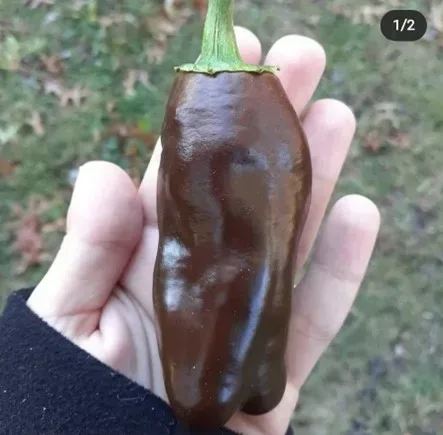Seed Libraries Help Our Community
Northeast Ohio staple Dave’s Market recently announced the closing of its Euclid Beach location. While a new site will open about 10 minutes from the previous spot, this change will impact those who live near the family-owned market. Seniors who live in the residential high-rise buildings in proximity depend on Dave’s Market, due to both its food quality and convenient location. Access to fresh food is now a concern for the senior citizens in the North Collinwood area who could previously travel to Dave’s Market by foot or a short vehicle ride. If economic measures are not put into place to ensure grocer success, this transition could result in a food desert.
Food deserts are:
Urban neighborhoods and rural towns without ready access to fresh, healthy, and affordable food. Instead of supermarkets and grocery stores, these communities may have no food access or access only to fast food restaurants and convenience stores that offer few healthy and affordable food options (Cuyahoga County Board of Health, 2019, 4)
According to the assessment, approximately 59% of Cleveland residents live in a food desert. Of those 59%, 37.4% live more than one mile from a grocery store (CCBH, 2019, 12). This is especially problematic when residents in 20% of those households do not have access to a car. Grassroot organizations and food activists are executing long-term outreach projects to help close the gaps in produce accessibility.
One such organization is the Hummingbird Project. The Hummingbird Project supports “social justice by reconnecting people to the natural world and empowering community resilience through ecological regeneration and sustainable practices” (The Hummingbird Project, 2022). One of their initiatives includes the Cleveland Seed Library. This program empowers libraries to be involved in eliminating food inequality, restoring biological diversity, and developing a community of seed savers and gardeners by distributing open-pollinated seeds at no charge to the public. Ten of the twenty Seed Library locations are in Cleveland proper.
The Willoughby Public Library is proudly one of the libraries that offers free vegetable seeds through the Cleveland Seed Library. Patrons are allowed to “check out” five packs of seeds per month. No ID or library card required! Since Hummingbird Project volunteers dropped off the Seed Library, I’ve had the pleasure of speaking with several patrons from Lake and Geauga about why the library offers seeds, where the seeds are from (High Mowing Organic Seeds in Vermont), self-sufficiency, and the joys of gardening—a stress-reducing hobby in which over half of Americans, about 55% of the population (“Americans are growing”, 2020) now partake. Whether you are a curious beginner or highly versed in NEO cultivation, there is something for everyone.
Guest blog post by Mitz, Adult Services Librarian at the Willoughby-Eastlake Public Library
References:
Americans are growing more than ever. (2020, June). Retrieved from https://www.miraclegro.com/en-us/library/americans-are-growing-more-ever
Cuyahoga County Board of Health (2019). Cuyahoga County Supermarket Assessment 2018 Inventory Update. Retrieved from https://www.countyplanning.us/wp-content/uploads/2019/03/Cuyahoga-County-Supermarket-Assessment-2018-Inventory-Update-_FINAL-REPORT-030819.pdf
Hummingbird Project (2022). Retrieved from https://www.hummingbirdproject.org/mission-vision
Vandenberge, J. (2022, March 28). Announced closure of longtime Collinwood grocery store sparks ‘food desert’ concerns. News 5 Cleveland. https://www.news5cleveland.com/news/local-news/cleveland-metro/announced-closure-of-longtime-collinwood-grocery-store-sparks-food-desert-concerns


